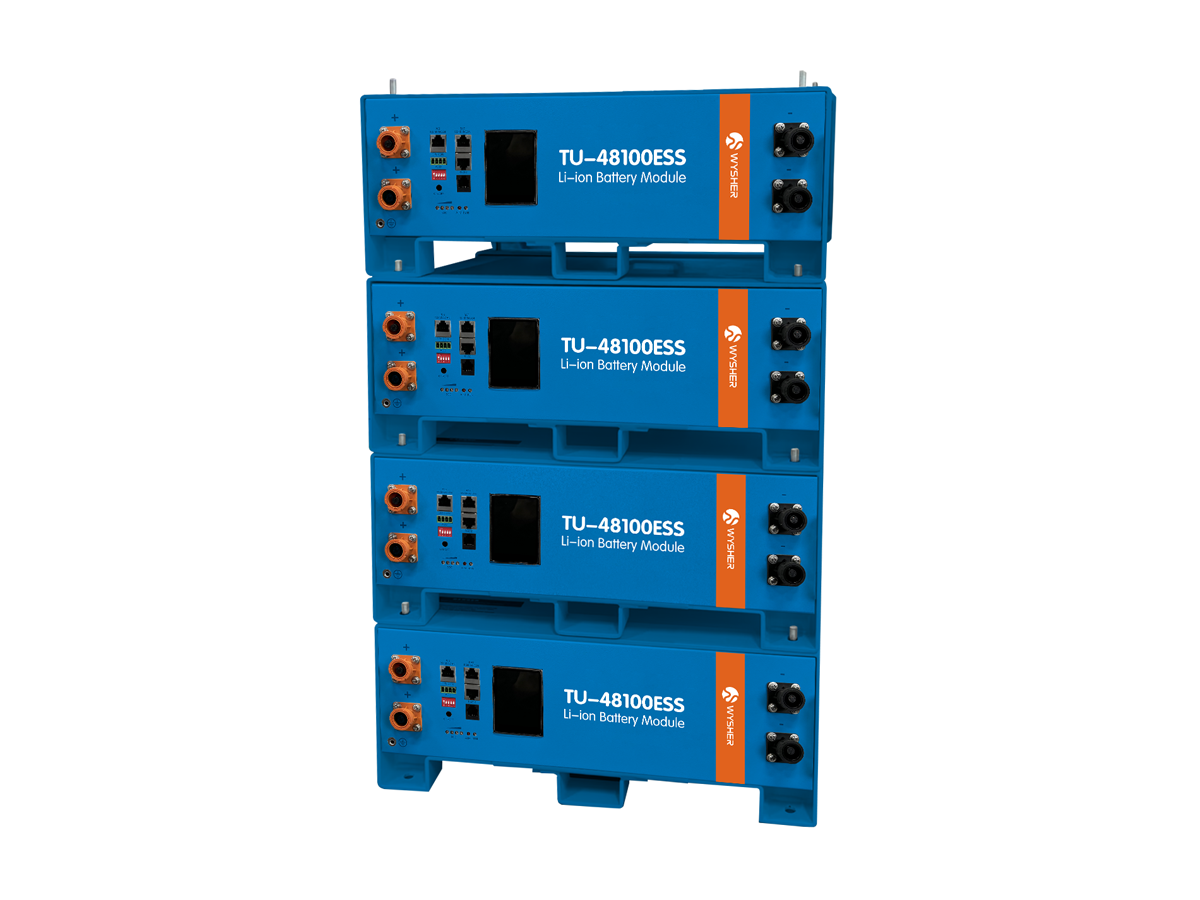Energy is the basis for human survival, and everyone should have a basic understanding of energy. So what is new energy? What is the difference between new energy and traditional energy? Many people, including those in the energy industry, are also a bit vague.
New energy (also known as unconventional energy) refers to renewable energy that is systematically developed and utilized on the basis of new technologies. Such as nuclear energy, solar energy, wind energy, biomass energy, geothermal energy, ocean energy, hydrogen energy, etc.
Traditional energy (also known as conventional energy) refers to energy that has been mass-produced and widely used. Such as coal, oil, natural gas (including shale gas, coalbed methane, tight gas), hydraulic power and nuclear fission energy, etc., are non-renewable energy sources and are also the main energy sources that promote the development of human society.
Remember the main difference: new energy is clean and renewable energy; traditional energy is non-renewable energy.
Some gay brothers call shale gas a new energy source, but it really is not! Although shale gas is also a clean energy source, it is also a non-renewable energy source.
 Victron Markets-Backup and Off-grid|How do you build scalable, cost-effective and robust off-grid systems that provide peace of mind?2025-03-31
Victron Markets-Backup and Off-grid|How do you build scalable, cost-effective and robust off-grid systems that provide peace of mind?2025-03-31 Horizon 2025 Spring Festival Annual Meeting&Family Day Feast Successfully Ended2025-01-16
Horizon 2025 Spring Festival Annual Meeting&Family Day Feast Successfully Ended2025-01-16 Horizon Made A Brilliant Appearance At Electronica 20242024-11-14
Horizon Made A Brilliant Appearance At Electronica 20242024-11-14 Explore The Components, Meet Horizon At Electronica 2024!2024-11-14
Explore The Components, Meet Horizon At Electronica 2024!2024-11-14
- Tel:
- Mob:
- Email:
- Add:









